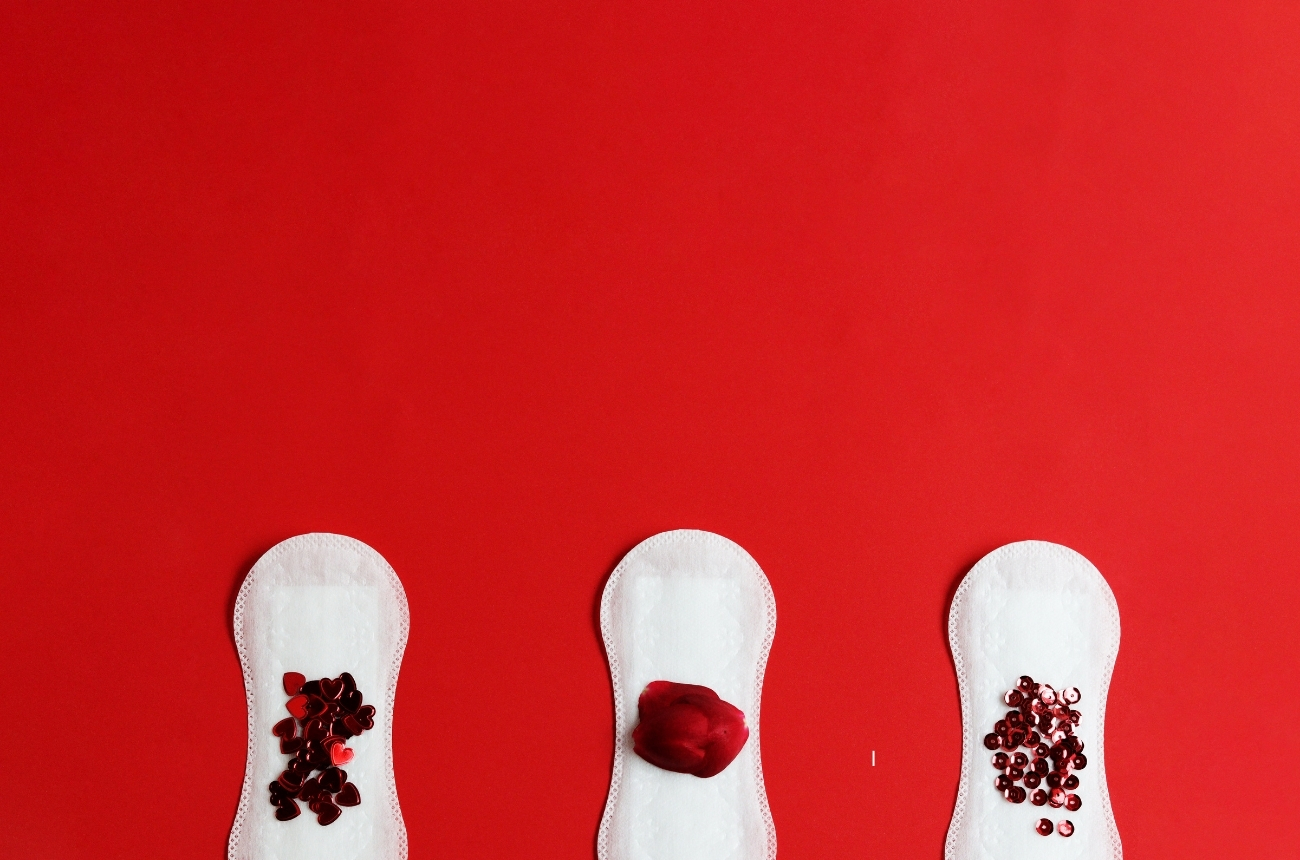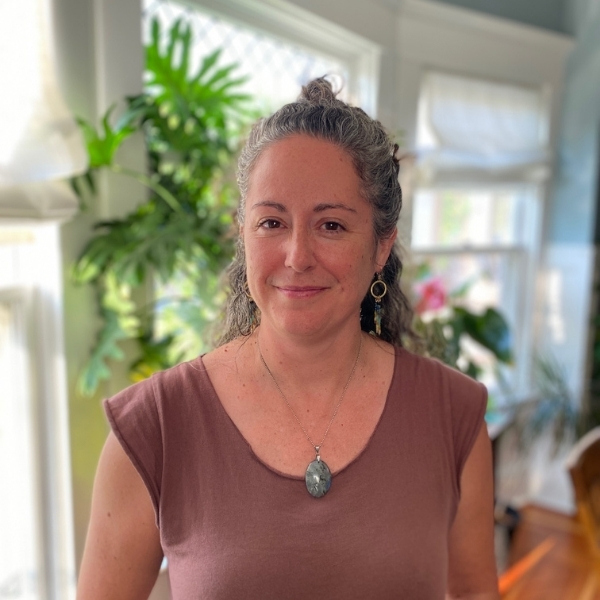
Calling All Midlife Sages
Humor me: What advice would you give a girl who just had her first period?
I love asking menopause-aged women this question. By middle age, we’ve accumulated decades of hard-won wisdom. There is simply no substitute for seeing shit go down, and then seeing it go down again. Middle aged folks shining their light for others can mean the difference between someone stumbling or soaring. So, what would you tell a youngster first experiencing ovulation, periods, and the specter of puberty? Here’s my top 5 nuggets of wisdom:
It’s ok to not like this phase. It can be amazing and meaningful, or dumb and awkward, or even completely, utterly, neutral. Only your opinion on this matters for you. It’s your party -you can curse if you want to! Or maybe you lean in and cast yourself as the lead character in a coming-of-age story complete with magic and hidden powers. Either way, I’m rooting for you!
The world is about to come at you with body stuff. People are gonna have all sorts of questionable hot takes about your body. The world would love to convince you that only the right sorts of bodies deserve food, love, pleasure, or respect. But we all know that’s not true, right? We keep feeding ourselves, doing what makes us feel good, and insisting on healthy relationships, right?
This time is a big deal for your brain. Connections are being actively rewired right now. Your younger brain needs to change for the years ahead. But having your mind under construction might not feel great! Remember that our brains work best when we get enough sleep, eat a healthy diet, and move our bodies regularly.
Grief is a part of change. Being sad that your body isn’t the way it used to be is real. And normal. There may be good things ahead but until you’ve kissed a bittersweet farewell to the things that are gone forever, you may not feel ready to embrace any upside to this time. Being able to notice when you’re grieving and being willing to honor your grief are mature skills we use over and over in our lives.
Suffering isn’t necessary. Discomfort is a part of change. Being able to deal with discomfort can be worthwhile; it makes us resilient! But when discomfort isn’t temporary - when things are getting worse or when you can’t imagine feeling better, you might be past discomfort and in suffering territory. And unlike discomfort, suffering has very little to teach you. I don’t like to see women suffering. So please, if your body problems or moods are too much, it’s time to have a healthcare visit to see what can be done.
So my midlife sages, what advice would you add? Do you have any great advice about sex, relationships, healthcare, social media?
Being the discerning firecracker that you are, perhaps you already divined my plan here: to unearth the wisdom you, as a menopause-aged person, already carry. Wisdom that could be just as useful to a younger member of the ovulation club as it could be to yourself in your own current becoming. The inevitable march of puberty is not unlike the unavoidable menopause transition. Each one is a ride on the hormone roller coaster and each one transforms us in potentially powerful and irrevocable ways.
If you consider the nuggets above from the perimenopause vantage point, do they pack a different punch? Do you notice a shift when you approach yourself with the care you would give a vulnerable teen? Maybe there was someone in your life that needed these kinds of messages when she reached the end of her fertility? In the murky mysteries of the menopause transition there is much to learn, feel and navigate. Don’t forget, you’ve already got a guidebook of the internal sort, from the last time you took such a journey. It might just take a little time to find it.
I encourage you to go on an excavation through what you remember of your teen years – and see if there are any takeaways that still hold their shine today. As someone who supports menopausal folks through this time, I am cheering for you as you make your journey. And I imagine you’ll summon exactly what you need along the way!
Christina Cameli is a nurse-midwife in Portland, Oregon. In her private healthcare practice she supports those in the menopause transition, and as a menopause educator she employs metaphor, levity, and compassion as tools for understanding and inhabiting this unique transition. She loves a good paddle, a cold kombucha, and something fresh from the garden.

Lorem ipsum dolor sit amet, consectetur adipiscing elit. Suspendisse varius enim in eros elementum tristique. Duis cursus, mi quis viverra ornare, eros dolor interdum nulla, ut commodo diam libero vitae erat. Aenean faucibus nibh et justo cursus id rutrum lorem imperdiet. Nunc ut sem vitae risus tristique posuere.
Lorem ipsum dolor sit amet, consectetur adipiscing elit. Suspendisse varius enim in eros elementum tristique. Duis cursus, mi quis viverra ornare, eros dolor interdum nulla, ut commodo diam libero vitae erat. Aenean faucibus nibh et justo cursus id rutrum lorem imperdiet. Nunc ut sem vitae risus tristique posuere.